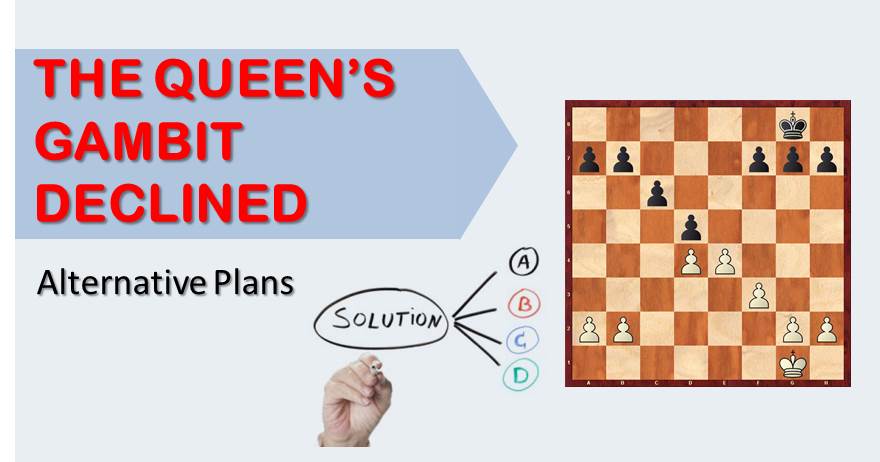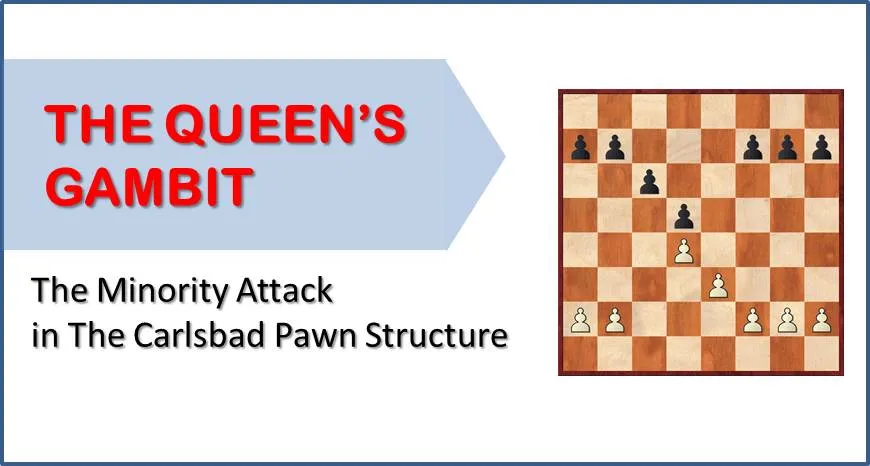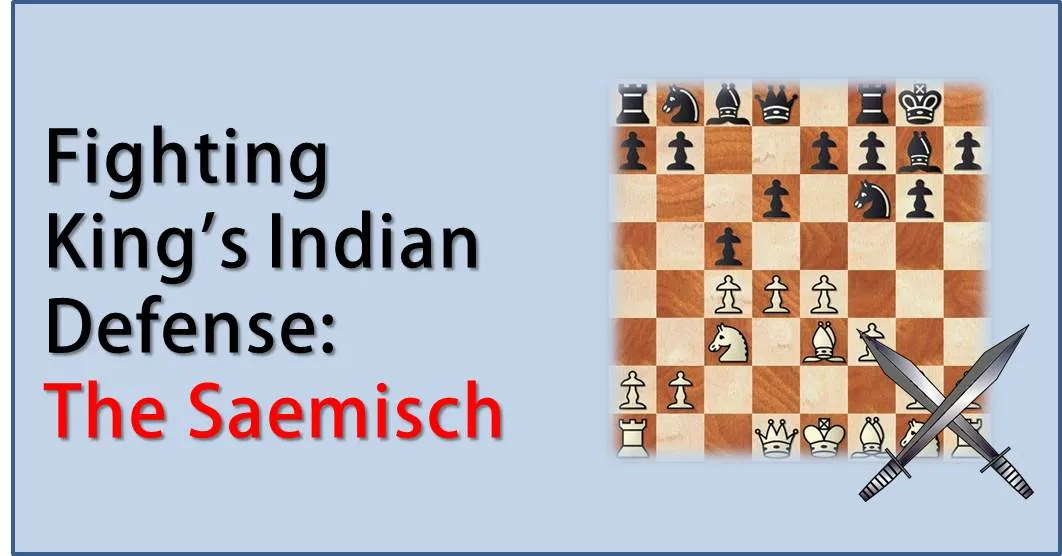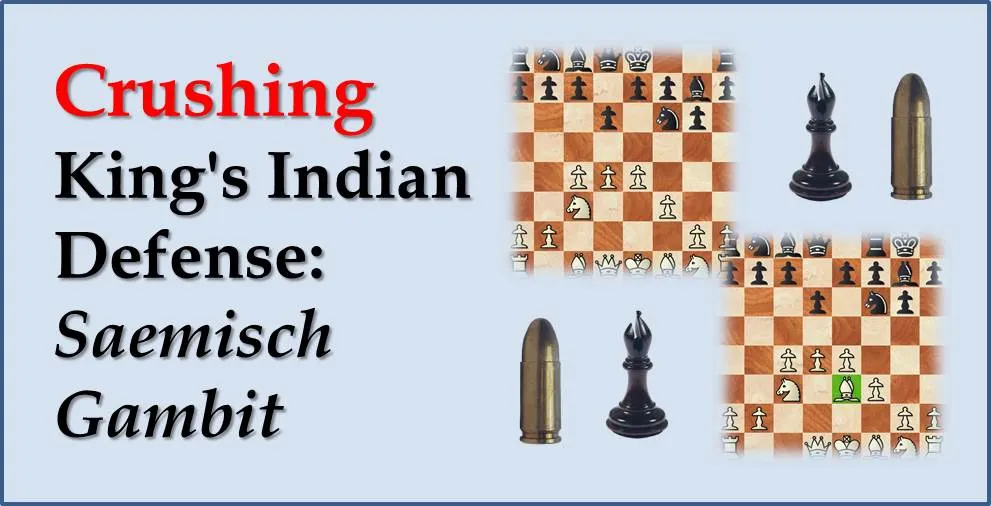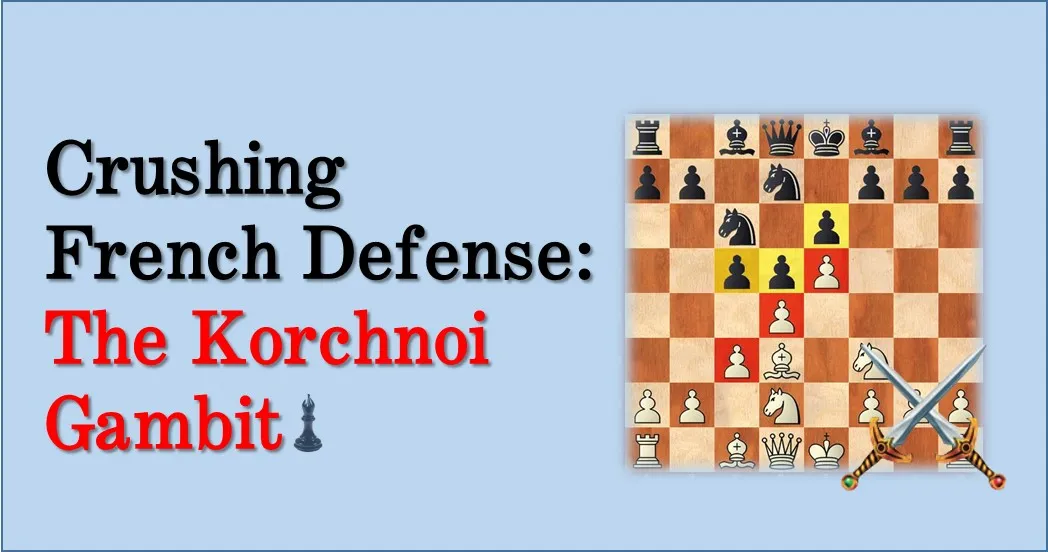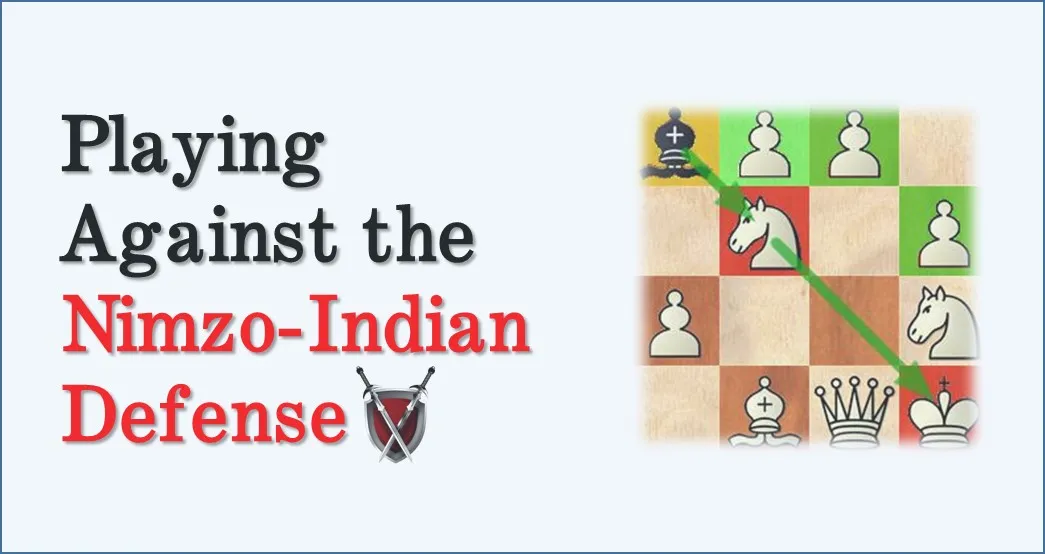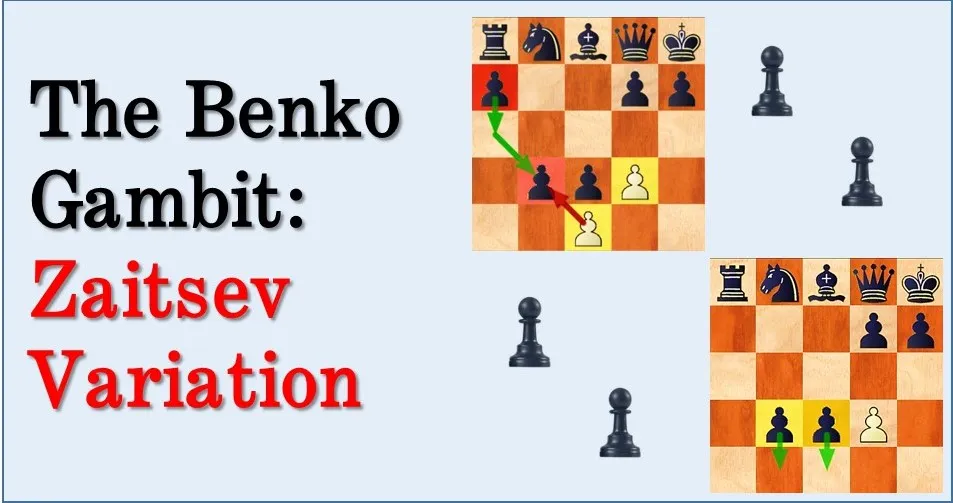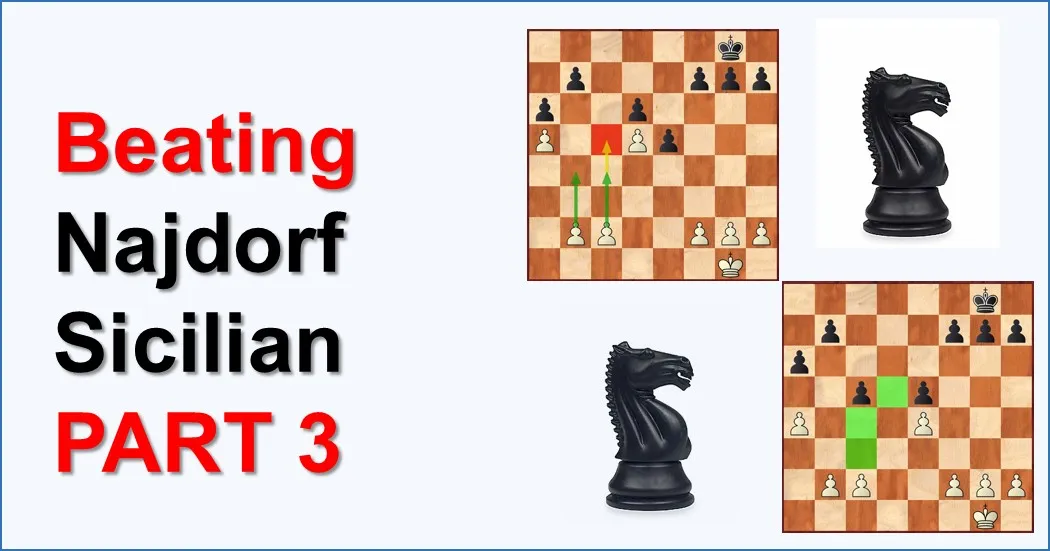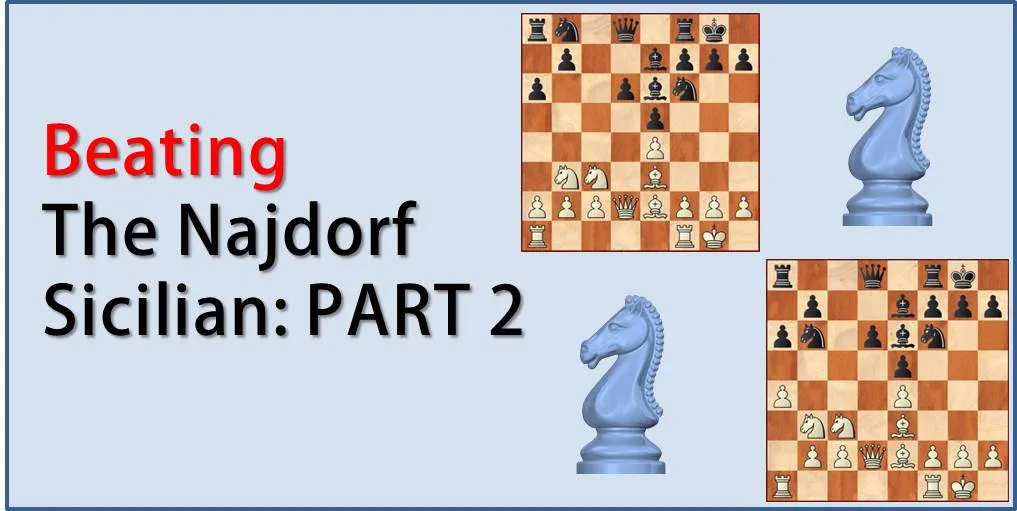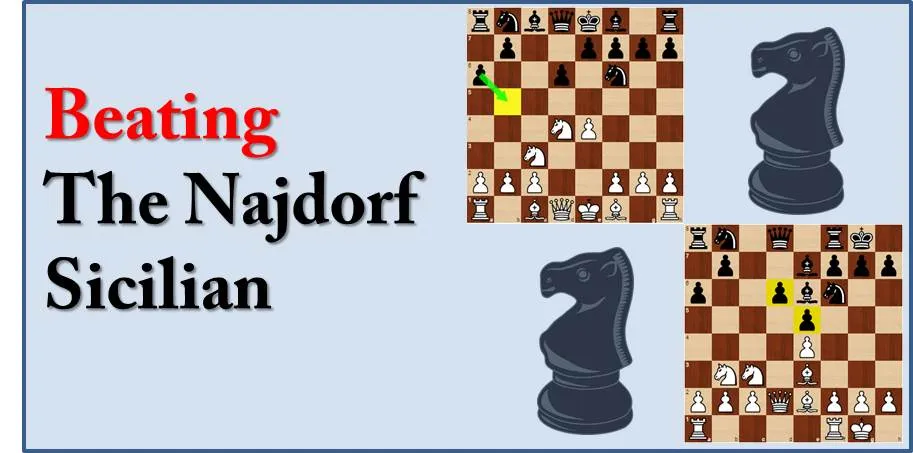Openings
In our previous article on the Queen’s Gambit declined we mentioned the main plans for white in the Carlsbad structure seen below:
Before starting the actual presentation, we will first address a basic question to the understanding of this article: “What is the ‘Carlsbad pawn structure’?” This notion refers to the pawn structure arising in the Exchange Variation of the Queen’s Gambit, which made its debut in Carlsbad, in 1923. We can see this pawn formation in […]
In the previous article, WGM Raluca Sgîrcea and IM Renier Castellanos explored the Saemisch variation of the King’s Indian Defense, especially focusing on what happens after white take the pawn 7.dxc5. This article will concentrate its attention on a more popular variation 7.d5.
In this article, WGM Raluca Sgîrcea and IM Renier Castellanos cover the Saemisch variation of KID in great detail. This is one of the most important weapons that white can use against a very popular on all levels from club to super-GM King’s Indian Defense. Ready to learn more?
The French is among the most popular defenses against 1.e4 and for a good reason. It is a very solid choice, but at the same time quite aggressive. Black’s counterplay on either wing (this depends on the specific variation) offers him an opportunity to unbalance the game and take white into a very sharp and […]
For most of the 1.d4 players, the Nimzo-Indian defense is one of the toughest defenses to get an advantage when playing against. It is a defense that has remained a solid, flexible, and active weapon throughout the years, surviving the test of openings trends every time. Many grandmasters consider this defense the best choice against […]
The Benko gambit (also called the Volga gambit) is one of the most popular choices against 1.d4 in modern practice. It gives the second player the opportunity of setting up a strategic battle mixed with tactical elements that turns out to be successful very often. Although this opening never became a main weapon at the […]
In today’s article WGM Raluca Sgîrcea and IM Renier Castellanos conclude the detailed discussion of Sicilian Najdorf. We will focus on the most common middlegame structures that arise in the Sicilian Defense. In order to be proficient in this opening and be able to play it on a high level, you need to be familiar […]
Today WGM Raluca Sgîrcea and IM Renier Castellanos continue their discussion on beating the Najdorf Sicilian for white. Previously, we have looked at 10…Nbd7 variation. This time we are focusing on what happens if black responds with 10…b5.
In today’s lesson, WGM Raluca Sgîrcea and IM Renier Castellanos will take a look at one of the most common Black’s responses after 1. e4 – 1…c4. The opening will be looked at from the white’s perspective, featuring the most common and successful plans in defeating the Najdorf without playing sharp variations and risking losing […]

